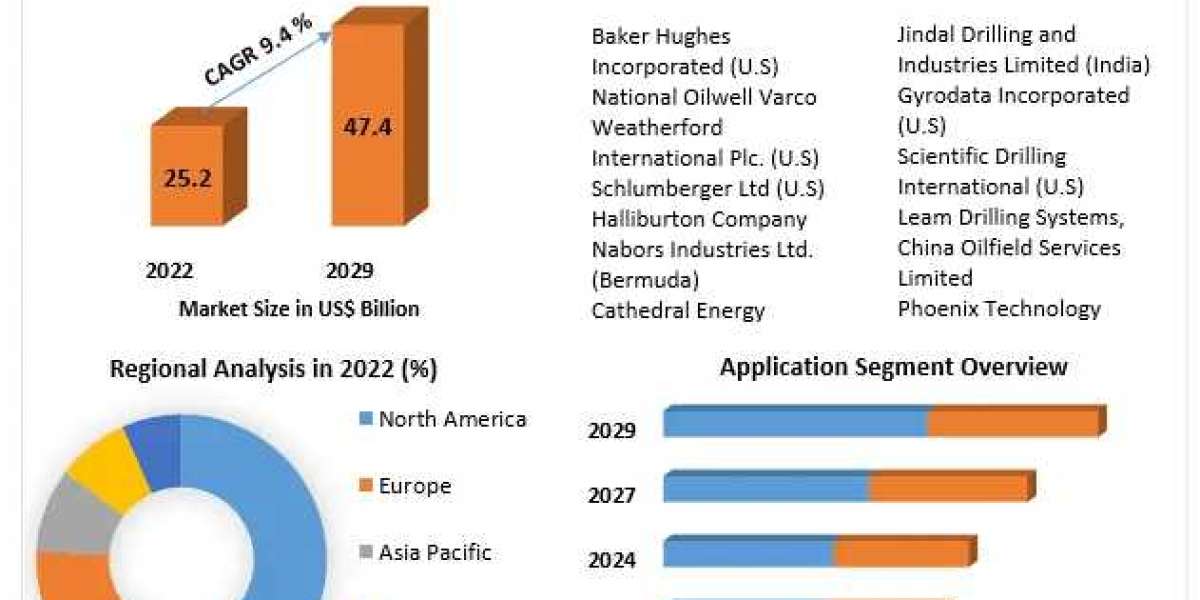In 2024, the global email encryption market is projected to be worth US$ 5.1 billion, according to a newly updated industry analysis by Fact.MR. By the end of 2034, it is predicted that worldwide revenue from email encryption systems would reach US$ 19.75 billion, growing at a compound annual growth rate of 14.5%.
Email encryption services and solutions are in high demand due to the implementation of strict privacy legislation, rising reliance on cloud-based services, and ever-increasing data security concerns. In addition, the banking, financial services, and insurance (BFSI) and healthcare industries are growing, which is expanding the application scope of email encryption solutions to guarantee data security during email communication.
Download a Sample Copy Of Report
One important trend in the email encryption industry is the ongoing progress of technology. The overall security of email communication procedures is being improved by advancements in encryption algorithms, the availability of user-friendly encryption tools, and safe key management systems. Furthermore, one of the most noticeable features in these sophisticated encrypted systems is the use of artificial intelligence and machine learning, which provides stronger defense against online attacks.
Key Companies Profiled
Micro Focus
Fortinet
Broadcom
Zoho
Cisco
Egress Software
Trend Micro
Retarus
SOPHOS
Zivver
Fortra
Mimecast
Proofpoint
Barracuda Networks
HPE
Thales
Entrust
Because email encryption solutions ensure the protection of critical financial data, they are widely used in a variety of areas, including IT, government, healthcare, and finance. Additionally, a number of healthcare institutions are using these solutions in order to protect patient data and adhere to established standards for healthcare data protection. The email encryption industry is expanding as a result of consumers' growing demand for end-to-end encryption solutions for secure communication that include cutting-edge cybersecurity measures.
Growing Internet Population and Cyberattack Risks
Growing usage of cloud-based services, growing security concerns, and privacy constraints are driving up demand for email encryption services. Sophisticated cyberattacks, such as BEC scams and email-based phishing, are targeting an increasing number of enterprises, causing enormous financial losses. Attackers of company email accounts sometimes pose as employees, partners, or clients in order to obtain financial gain using BEC scams. Among these advantages is the ability to approve money transfers to a hacker's account, which is driving up demand for email encryption software to increase security.
Spear phishing is one of the fraudulent tactics that is increasingly being used to obtain data for nefarious purposes. Protecting email data from such incidents is made easier with the installation of email encryption services and solutions.
Email encryption solutions are expensive.
One of the main challenges organizations have when implementing email encryption services is the high setup costs. These technologies help lower the danger of data loss on email systems for both people and organizations.
Budget-conscious SMEs are not actively implementing email encryption solutions because of concerns about ongoing expenses such software maintenance, license fees, and technical support, in addition to the initial price. The possible costs and difficulty associated with integrating these solutions with current systems prevent the email encryption industry from being as large.
To ensure secure email communication, concentrate on seamless cloud integration capabilities.
The increasing use of cloud services like Microsoft 365 and Google Workspace is highlighting the need for secure email correspondence. Email encryption solutions with seamless integration capabilities with traditional on-premise and cloud services are in high demand, with a focus on on-site and remote work. Opportunities for new market participants are growing as a result of the shift to cloud integration and hybrid models.
Competitive Landscape
Some of the key players in the email encryption industry are investing heavily in RD activities for new product launches to improve the efficiency of security solutions. In addition, strategic partnerships, collaborations, mergers, and acquisitions are helping market players expand their reach across geographies.
For instance:
- Cisco Systems, in December 2023, announced its decision to acquire Isovalent to define the prospects of multi-cloud security and networking.
- Proofpoint, on December 19, 2023, announced the completion of Tessain’s acquisition. The latter is one of the prominent users of advanced AI solutions for automatically guarding and detecting changing email threats and accidental data loss.
Segmentation of Email Encryption Market Research
By Type :
End-to-end
Gateway
Boundary
Hybrid
Client Plugins
By Component :
Solutions
Services
By Deployment Mode :
Cloud
On-premise
By Organization Size :
Large Enterprises
SMEs
By End-use Vertical :
BFSI
Government Defense
IT ITeS
Telecommunication
Energy Utilities
Manufacturing
Retail e-Commerce
Healthcare
Others
Media Entertainment
Education
Travel Transportation
By Region :
North America
Latin America
Western Europe
Eastern Europe
East Asia
South Asia Pacific
Middle East and Africa
As regulatory requirements tighten and cyber threats evolve, the demand for robust encryption technologies is expected to surge across various industries. The forecasted expansion reflects not only technological advancements but also a proactive approach by businesses to mitigate risks and ensure secure communication channels. As the market continues to evolve, email encryption solutions are set to play an increasingly critical role in protecting digital communications, fostering trust, and compliance in an interconnected world.


